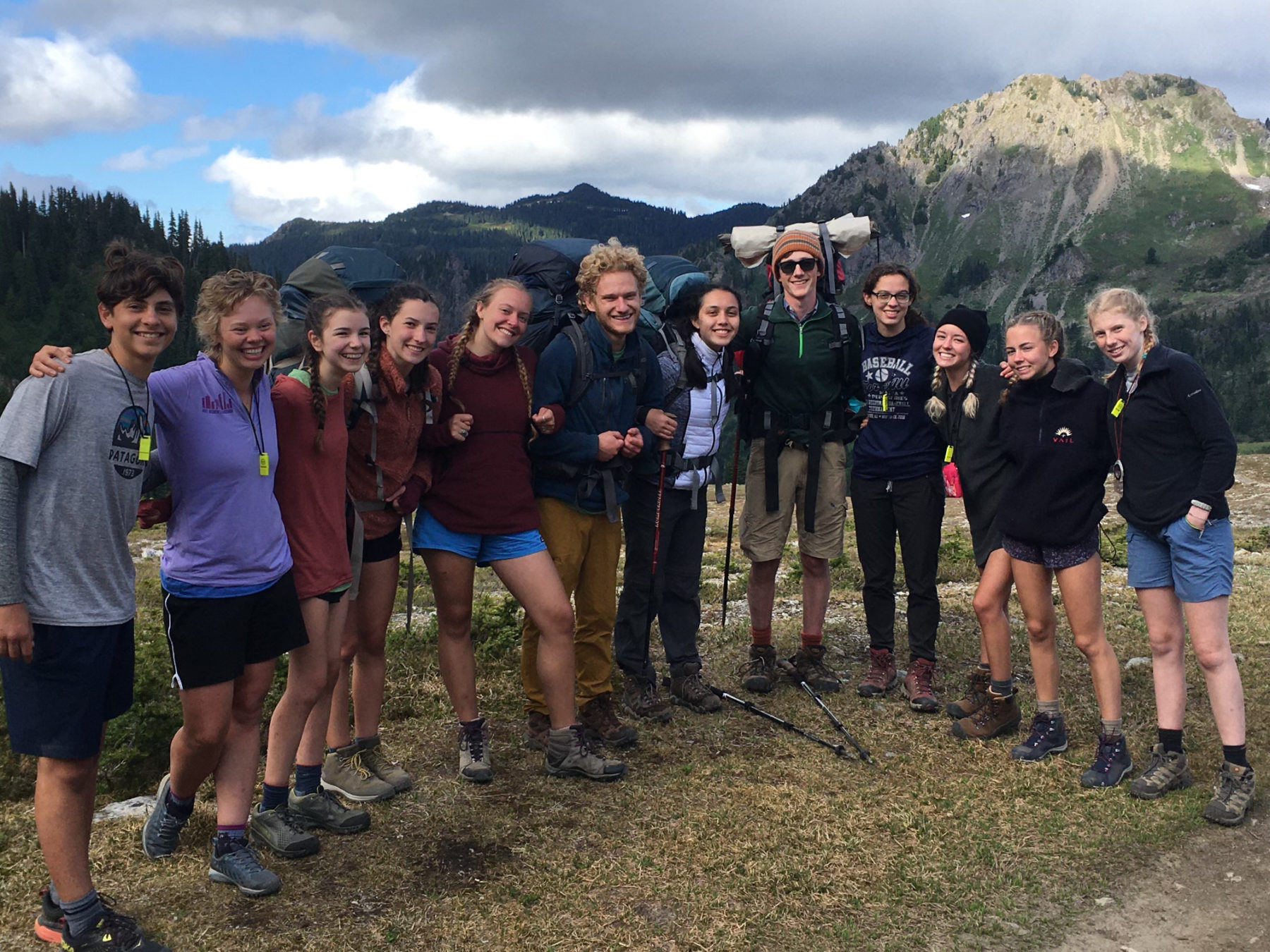By Ed Haubenreiser, Assistant Camp Director
Growing up, whenever my mom read something impactful in the newspaper, in a magazine, or a book, she would rip out the section and post the reading on our refrigerator. The most senior quote on our refrigerator to my knowledge (or perhaps it’s because it was suspiciously at just my eye level) was one that I have seen and heard throughout our campus and programming here:
“People will forget what you say, people will forget what you do, but people will never forget how you made them feel.” – Maya Angelou
As expected, this quote came to life on an Eagle’s Nest adventure last month, when OA’s Outdoor Education Manager, Morgan Moores, and I scouted the Little Tennessee River as another local option for our paddling program.
It was a warm day, it was a beautiful section of river, and of course it is always fun to test a skill in a new environment. What stands out from the experience, though, was not the water or the activity itself; it was the conversations Morgan and I shared throughout: what’s new in our lives, learnings from work and travel, challenges we’re facing and hopes for the future, and on and on we went.
Depending on your level of knowledge with Eagle’s Nest – from prospective to experienced – I hope this emphasis is not a new idea. “The betterment of human character” concludes our mission because we aim to develop the intrapersonal and interpersonal competencies of participants through new experiences. Paddling a new river was a vehicle for Morgan and I’s individual and collective reflection on who we are and how we are doing, but what was particularly impactful about our reflection was the depth to which we dug into ourselves and each other.
It was reminiscent of an article I read for the first time earlier this year and have often referenced since. David Brooks is a popular author and opinion columnist who I’ve been drawn to for his insightful commentary on human connections. In this article on “How to be Human,” he challenges his personal default setting of feeling “detached” and steps out of his usual functioning to deepen his understanding of others. In the process, he discovered and shares the traits of those uniquely skilled in this kind of connection, who he calls “illuminators”: they give their full attention in conversation, they have a deep interest in how others see the world, and they demonstrate respect and empathy for the other’s perspective. If I had a refrigerator with the kind of visitation of our family’s growing up, the whole of this article would be on it.
Abundantly clear at the core of these actions is a curiosity for another person, and the expanse of fulfillment that comes from having such a curiosity, from putting forth such an effort, and from engaging in such an experience. At Eagle’s Nest, we are intentional, active, and redundant in the training of our staff to feel empowered as “illuminators” to young people, and we create endless opportunities throughout our programming to facilitate curiosity and connection within community so our participants can grow as “illuminators” themselves; I think about the bonds formed on cabin campouts, the diversity of perspectives shared amongst table families, the warmth of comradery within kindreds, the sharing in discoveries while in classes and activities, and so much more.
Morgan and I were pretty comfortable paddling this river, so much so that we were able to sustain conversations at a depth similar to what David Brooks describes in his article. It was only natural, then, that we began to hope for a greater challenge to test us. This wish was granted near our take-out: a narrowing chute descending into a loud and splashy rapid that swirled some eye-opening nerves inside of me. Unphased, Morgan whooped with glee as he paddled through it first. While I was initially hesitant, the acts and feelings of connection that Morgan and I cultivated on this trip and beyond formed a noticeable trust with one another, providing me with the confidence to embrace the uncertainty lying ahead, and finding the joy in doing so.
Camp is full of new experiences, which can instill some nerves at the thought of an uncertain future. It is our hope and effort that the vastness of connection throughout Camp, stemming from genuine curiosity amongst a diverse community, builds trust and a confidence for the joy in experiencing newness for oneself and, more importantly, sharing in it with others.
